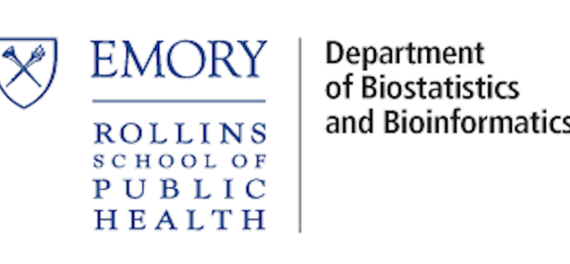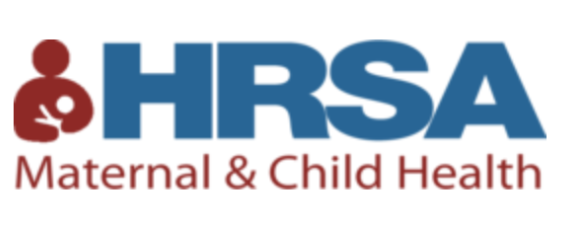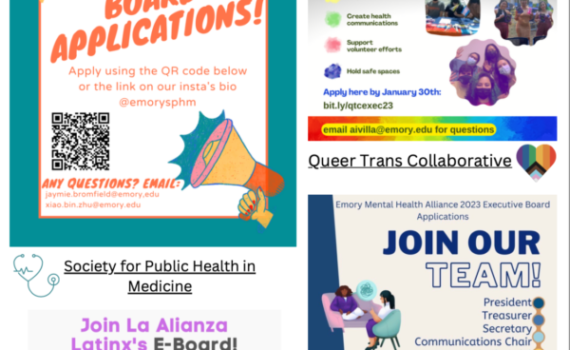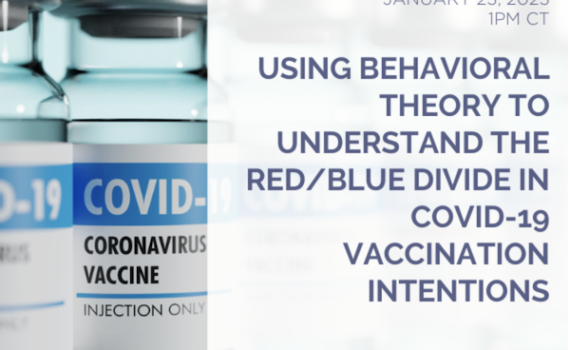These Global Health course offerings still have space! Take a look at the descriptions, check pre-requisites in Atlas, and be sure to add/drop/swap or email your ADAP for assistance!
Qualitative Methods for Research in Global Health (GH 522): S1: M 3-4:50 & 5-5:50, S2: M 8-9:50am & 3-3:50pm, S3: Th 3-5:50pm
This course will provide students with the principles and skills for conducting and evaluating qualitative research. The course outlines challenges of using qualitative methods in international settings and provides guidance on fieldwork planning and implementation to prepare students for the Applied Practicum Experience.
Diabetes: a Model for Global Non-communicable Disease Prevention & Control (GH 534): M 1pm-2:50
Provides students with both context and skills in the field of diabetes, a pandemic of international public health concern, which encourages effective public health programming for diabetes and other chronic diseases.
Epidemiology and Dynamics of STDs (GH 550 / EPI 532): M 10am-11:50
This course explores the social, biologic, and public health issues of sexually transmitted diseases and their overall importance in public health. Topics include the basic biology and epidemiology of the major STDs, the implication of transmission models for prevention, and psychosocial, behavioral, and economic aspects of STD/HIV.
Monitoring & Evaluation of Global Public Health Programs (GH 560) T Th 10-11:20am + Lab section
This course provides students with the technical skills to conceptualize and design process and impact evaluations of international public health programs or projects. Helps students understand the role of monitoring and evaluation in policy analysis, planning, program design, and management.
Shaping a Healthy Global Food System Through Policy (GH 567): Th 10-11:50am
Determinants of food consumption are complex but heavily influenced by policy. This course will explore the policies that influence health through their shaping of local and global food systems, including state/local, national, international, and institutional policies. This course is offered on alternate spring semesters, take it while you can!
Control of food and Waterborne Diseases (GH 580): Monday-Friday, March 6-March 10, 9am-5pm
This course introduces the major disease-causing microorganisms in the environment and their transmission through water, food, and air. Describes the organisms, pathogenesis, clinical diseases, reservoirs, modes of transmission, and epidemiology and surveillance systems. Presents examples of public health impact of food borne and waterborne diseases in developing countries.
Evidence-Based Decision Making with Principle Focus on Immunization, Infectious and Chronic Diseases (GH 584): MW 3:30-4:50pm
This course is designed to provide an overview of these processes and related deliberative bodies to help future public health professionals understand how their research and practice are used in evidence-based decision making.









Recent Comments